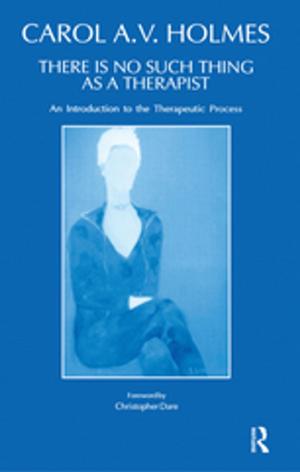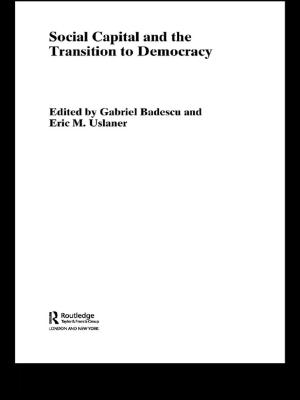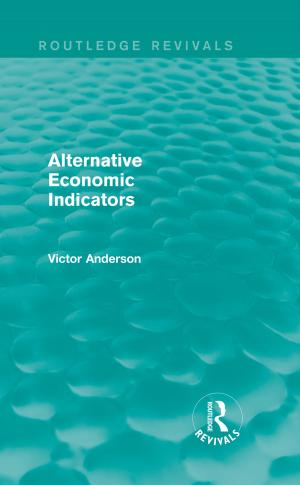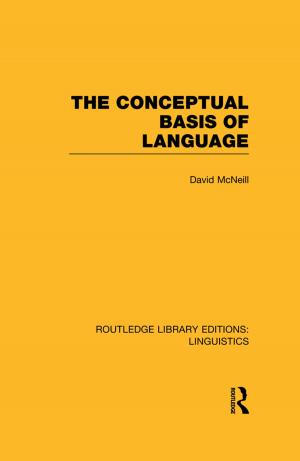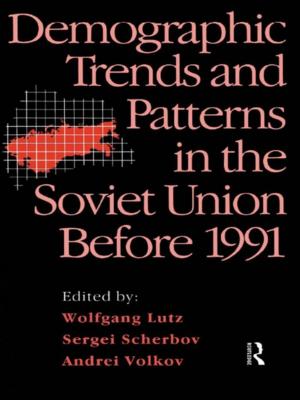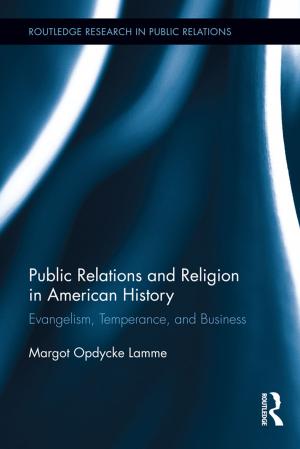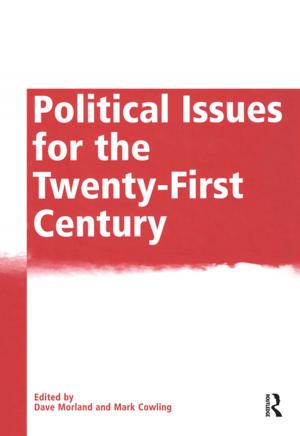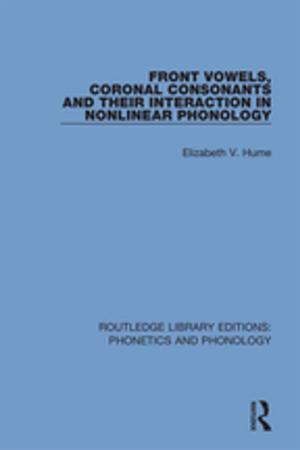Iranian Cinema in a Global Context
Policy, Politics, and Form
Nonfiction, Entertainment, Performing Arts, Film, Social & Cultural Studies, Social Science| Author: | ISBN: | 9781317675198 | |
| Publisher: | Taylor and Francis | Publication: | September 15, 2014 |
| Imprint: | Routledge | Language: | English |
| Author: | |
| ISBN: | 9781317675198 |
| Publisher: | Taylor and Francis |
| Publication: | September 15, 2014 |
| Imprint: | Routledge |
| Language: | English |
Iranian films have been the subject of much critical and scholarly attention over the past several decades, and Iranian filmmakers are mainstays of international film festivals. Yet most of the attention has been focused on a small segment of Iranian film production: auteurist art cinema. Iranian Cinema in a Global Context, on the other hand, takes account of the wide range of Iranian cinema, from popular youth films to low budget underground films. The volume also reassesses the global circulation of Iranian art cinema, looking at its reception at international festivals, in university curricula, and at the Academy Awards. A final theme of the volume explores the intersection between politics and film, with essays on post-Khatami reform influences, representations of ineffective drug policies, and the representation of Jewish characters in Iranian film. Taken together, the essays in this volume present a new definition of the field of Iranian film studies, one that engages global media flows, transmedia interaction, and a heterogeneous Iranian national cinema.
Iranian films have been the subject of much critical and scholarly attention over the past several decades, and Iranian filmmakers are mainstays of international film festivals. Yet most of the attention has been focused on a small segment of Iranian film production: auteurist art cinema. Iranian Cinema in a Global Context, on the other hand, takes account of the wide range of Iranian cinema, from popular youth films to low budget underground films. The volume also reassesses the global circulation of Iranian art cinema, looking at its reception at international festivals, in university curricula, and at the Academy Awards. A final theme of the volume explores the intersection between politics and film, with essays on post-Khatami reform influences, representations of ineffective drug policies, and the representation of Jewish characters in Iranian film. Taken together, the essays in this volume present a new definition of the field of Iranian film studies, one that engages global media flows, transmedia interaction, and a heterogeneous Iranian national cinema.

